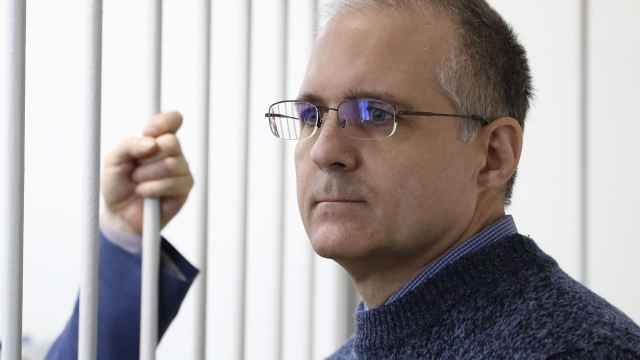A Moscow court’s recent espionage charges against a Russian-born US citizen, Gene Spector, have escalated the geopolitical complexities between the United States and Russia. Amid ongoing tensions, Spector’s case sheds light on diplomatic challenges and the broader context of wrongful detentions. This article delves into the espionage charge, Spector’s background, and the intricate diplomatic maneuvers surrounding the case.
Espionage Accusations and Background
A Russian state news agency, TASS, reported that a Moscow court has charged Gene Spector, a US citizen, with espionage. Spector was already serving a prison sentence after admitting guilt to bribery charges. Born and raised in St. Petersburg, Spector obtained US citizenship after relocating to the United States. He held a prominent role as chairman of the board of directors for Medpolymerprom Group, specializing in cancer drugs. In 2020, Spector faced accusations of facilitating bribes for Anastasia Alekseyeva, a former aide to ex-Russian Deputy Prime Minister Arkady Dvorkovich, involving substantial sums and lavish trips.
US Embassy Response and Detention Dynamics
A US official from the American embassy in Moscow informed CNN that Spector was already incarcerated, indicating no prior knowledge of the new espionage charge. Presently, there’s no indication that the US considers Spector’s detention wrongful. The US State Department acknowledged awareness of the charges against a US citizen in Russia and affirmed their monitoring of the situation without further commentary. These developments underscore the intricate diplomatic landscape between the two nations.
Detention Complexities and International Relations
Spector’s case becomes especially significant against the backdrop of heightened tensions stemming from Russia’s forceful invasion of Ukraine under President Vladimir Putin’s directive. The diplomatic difficulties extend beyond Spector’s case, as the detention of other US citizens comes to the forefront. Wall Street Journal reporter Evan Gershkovich and Paul Whelan, both detained, are perceived by the State Department as wrongfully imprisoned. Efforts to secure their release have intensified, particularly in light of Russia’s unresponsive stance to the Biden administration’s proposals.
US Diplomatic Efforts and Whelan’s Detention
US Secretary of State Antony Blinken’s recent communication with Paul Whelan, who is imprisoned in a remote Russian camp, highlights the Biden administration’s relentless efforts to secure the release of wrongfully detained citizens. Blinken assured Whelan that they were doing everything possible to bring him home swiftly. This marks the second conversation between the two, following a previous exchange on December 30. The administration’s ongoing commitment to resolving these cases underscores the broader diplomatic challenges and efforts to restore diplomatic balance with Russia.
Diplomatic Maneuvers and Global Outreach
In its quest to secure the release of wrongfully detained Americans, the Biden administration has cast a wide net, scouring the globe for potential solutions. The administration has been engaging with international allies in the hope of persuading Russia to release these detainees. The absence of high-level Russian spies in US custody has necessitated seeking assistance from allied nations.
Conclusion
The espionage charge against Gene Spector, a Russian-born US citizen, has further strained already complex relations between the United States and Russia. This case provides insight into the intricate world of diplomatic negotiations, wrongful detentions, and the challenges posed by geopolitical tensions. As the Biden administration endeavors to secure the release of those wrongfully detained, it navigates the delicate path of international diplomacy, hoping to achieve resolution while balancing broader political dynamics.



